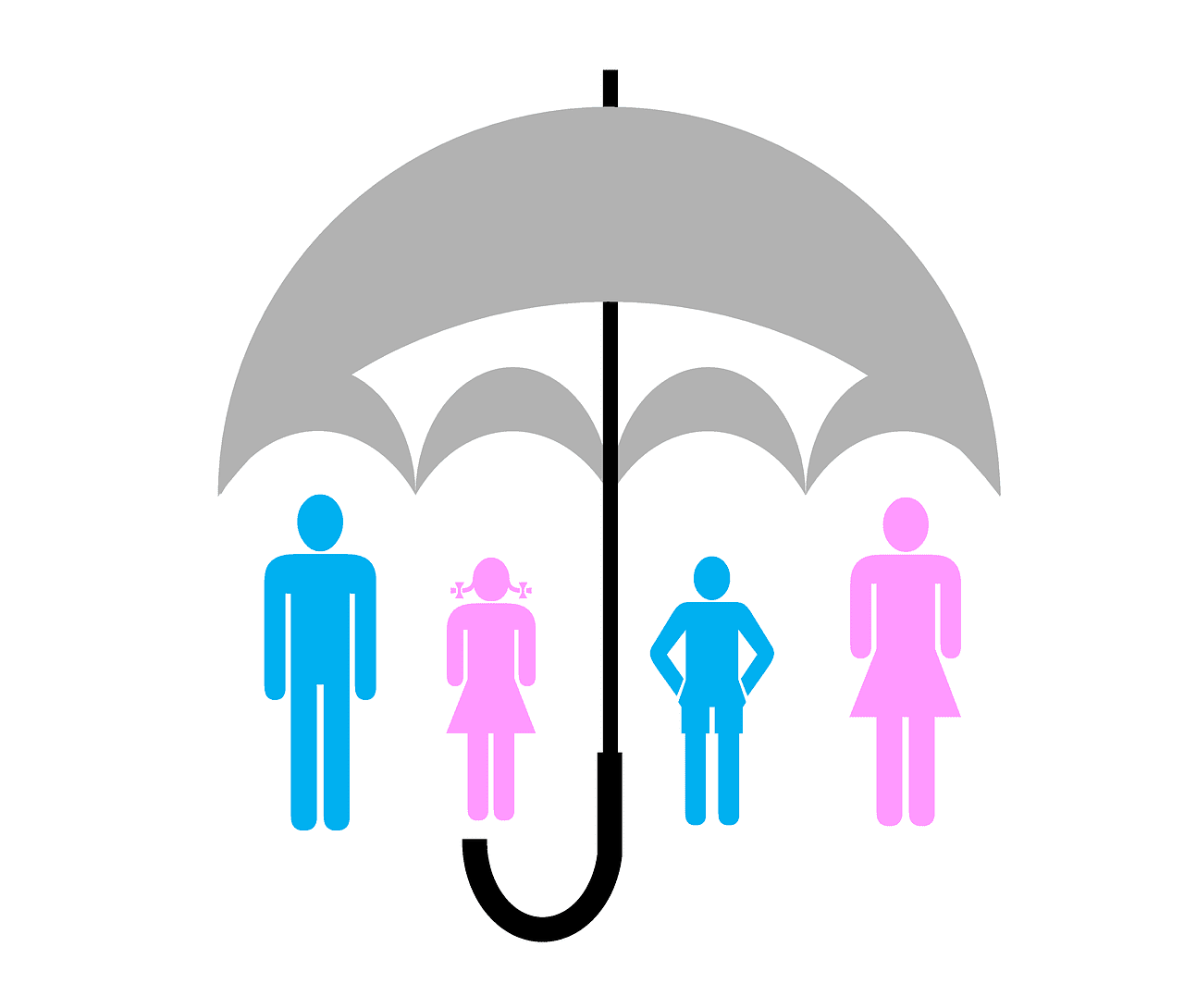Losing a loved one is one of the most difficult experiences in life. On top of the emotional toll, you may find yourself dealing with various responsibilities, including managing their financial affairs.
If your loved one had a life insurance policy, knowing how to claim the benefits can help ease some of the financial burden during this trying time.
While the process of claiming life insurance after death might seem daunting, it’s designed to be simple and straightforward.
Most insurance companies offer several options for submitting a claim — you can report it online, visit any of the insurer’s branches, send an SMS, email, or even call the company’s claims department.
However, you’ll need to provide certain physical documents to get the process started.
Documents Required to Claim Life Insurance
Here is a list of documents typically required to claim life insurance benefits:
Claimant’s Statement Form
This form can usually be downloaded from the insurance company’s website. It’s the primary document where you, the claimant, provide details about yourself and the insured.
If the form is not available on the insurance website, you can call or send email so that the form can be sent to you.
Original Policy Document
The insurance company will need the original life insurance policy document to verify the policyholder’s coverage and benefits. Some people make this known to the next of kin when they are alive.
Death Certificate
A certified copy of the death certificate, issued by a government-recognized hospital or local authority, is essential to confirm the passing of the insured.
Note: You can’t get a death certificate from an unregistered hospital, in rare cases, if you do, it will be rejected by the insurance company. Anyone or just any organisation cannot issue a death certificate.
Photo Identification and Address Proof
You’ll need to provide copies of your photo ID and current address proof. Each insurance company has a list of acceptable identification documents, so it’s best to check with them to ensure you have the correct forms.
Cancelled Cheque/Bank Passbook Copy
Depending on the jurisdiction, a cancelled cheque or a copy of the claimant’s bank passbook may be required to ensure smooth disbursement of the claim amount.
Medical Cause of Death Certificate
A medico-legal cause of death certificate is another essential document. It provides clarity on the cause of death, which is important, especially if the policy includes riders like accidental or critical illness coverage.
Medical Records
These include hospital admission notes, discharge summaries, test reports, and other medical documents related to the treatment of the insured.
These records are necessary to verify the medical history and the circumstances leading to the insured’s death.
Medical Attendant’s Certificate
This certificate is issued by the doctor or hospital that treated the insured. It offers additional verification about the cause and circumstances of death.
Employer Certificate (for salaried individuals)
For salaried individuals, a certificate from their employer confirming their employment status and details is often required.
Additional Documents for Accidental or Suicidal Death
In cases where the insured’s death was accidental or due to suicide, further documentation is required:
Post-Mortem and Chemical Viscera Report
These are essential to establish the cause of death in accidents or cases of unnatural death.
First Information Report (FIR) or Police Inquest Report
If the death involved a criminal investigation, such as in the case of a road accident or suspicious circumstances, the FIR or police report will be required.
Driving License
If the policyholder was driving at the time of the accident and had an accident-related rider, you’ll need to provide a copy of their driving license.
What Happens Next?
After submitting your claim and the necessary documents, the insurance company’s claims department will review the case. If any additional paperwork is required, they will notify you.
Once all documents are in order, the claim will be processed, and the payout will be made through either a cheque or electronic transfer.
It’s important to remember that every insurer has its unique claims process, but they all share one common goal: to help provide financial support during difficult times. This money can go toward funeral expenses, debts, or other essential needs.


